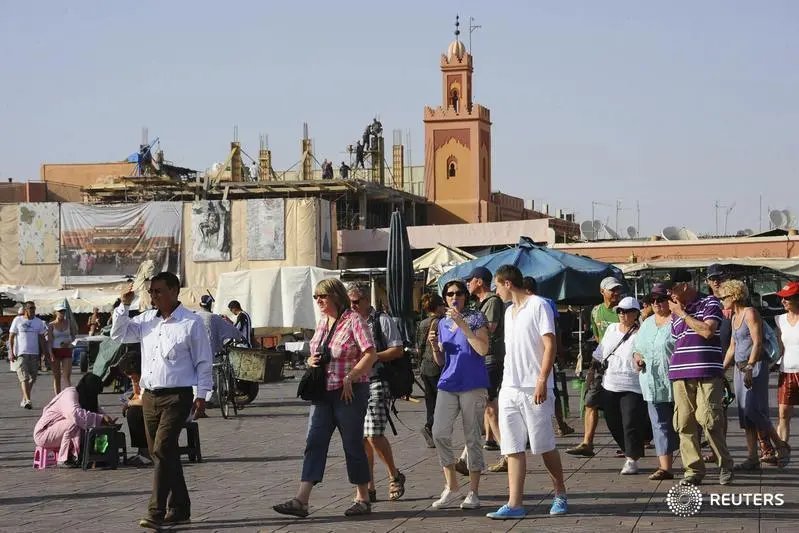PHOTO
A recent regulatory reform allowing for Islamic banking - known locally as participative banking - in Morocco has led to a number of applications for new sharia-compliant lenders, which Moroccan authorities hope will also increase financial inclusion.
According to international press reports from September, the government granted state-owned Crédit Agricole of Morocco (CAM) approval to open an Islamic subsidiary with Saudi Arabia’s Islamic Development Bank (IDB) through the bank’s Islamic Corporation for the Development of the Private Sector.
CAM will hold a majority 51% stake in the new enterprise, with the two partners investing a total of Dh200m (€18.5m), which will later be doubled to Dh400m (€37m).
New regulations
The government decree paving the way for CAM’s Islamic subsidiary came after the central bank, the Bank Al Maghrib (BAM), announced in July that it would begin approving Islamic banks in 2016, enabling the institutions to start operations as early as the beginning of 2017.
Following the announcement, Morocco received a total of 10 requests – seven to open Islamic banks and another three to offer Islamic products at existing facilities.
In addition to IDB, three foreign banks are looking to launch subsidiaries with domestic partners after Moroccan officials encouraged partnerships rather than fully owned subsidiaries.
Morocco’s Crédit Immobilier et Hotelier Bank is partnering with Qatar International Islamic Bank; Banque Marocaine du Commerce Extérieur with Bahrain’s Al Baraka Banking Group; and Banque Centrale Populaire (BCP) with US-based Guidance Financial Group (GFG).
Earlier this year, BCP announced plans to invest Dh400m (€37m) in its planned Islamic subsidiary, Banque Participative du Maroc, of which the Moroccan bank will own 80% and GFG the remainder.
Meanwhile, two banks from the Gulf – Emirates NDB and Qatar’s Masraf Al Rayan – as well as Morocco’s Attijariwafa Bank, applied to establish fully owned subsidiaries. Attijariwafa Bank already operates Dar Assafaa, an Islamic unit established in 2007 after regulatory changes allowed banks and insurance firms to sell a limited selection of Islamic products.
Crédit du Maroc, Banque Marocaine pour le Commerce et l’Industrie (BMCI) and the local subsidiary of France’s Société Générale applied for permission to sell Islamic products.
Recent legislation
Although BAM only announced it would approve applications earlier this year, the legislation allowing for Islamic finance was initially introduced in March 2015. The new regulations were passed in part to help Morocco boost financial inclusion and liquidity, as well as attract foreign investment in the sector.
Morocco could see additional Islamic products introduced into the domestic market if new regulations are passed. Parliament is currently considering a draft bill regulating takaful (Islamic insurance), while BAM plans to establish an Islamic interbank market, as well as issue sukuk (Islamic bonds), according to press reports.
Unbanked to banked
Meanwhile, a number of new initiatives are expected to help expand banking coverage in Morocco even further.
The number of Moroccans in the conventional banking sector increased rapidly in recent years, from 50% in 2010 to 65% 2015, representing one of the highest levels on the continent.
Building on this growth, the central bank is working with the Ministry of Economy and Finance to further expand financial inclusion with the creation of a three-year comprehensive financial inclusion strategy, Asmaa Bennani, director of oversight of payment systems and financial inclusion at BAM, told OBG earlier this year. According to Bennani, the plan should be ready by the end of 2016.
Moreover, Morocco will also see the introduction of mobile-to-mobile payments next year, which is expected to extend banking coverage, as well as reduce the number of cash transactions. New regulations will allow non-bank entities and individuals to open accounts to expand e-payments to transactions such as retail, utility and mobile phone payments.
© Oxford Business Group 2016





















